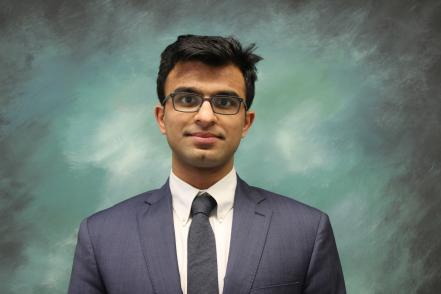Today’s Headlines and Commentary
On Wednesday, Chinese officials described the protest movement in Hong Kong as “near terrorism,” following demonstrations Tuesday night during which some demonstrators set upon and detained two men they suspected of being government sympathizers, following which riot police clashed violently with the protestors in the Hong Kong airport, Reuters reports.
Published by The Lawfare Institute
in Cooperation With

On Wednesday, Chinese officials described the protest movement in Hong Kong as “near terrorism,” following demonstrations Tuesday night during which some demonstrators set upon and detained two men they suspected of being government sympathizers, following which riot police clashed violently with the protestors in the Hong Kong airport, Reuters reports. The airport, which was closed for two days prior, has since reopened and most protesters have left. Separately, Reuters writes that demonstrations continued on Wednesday as police fired tear gas at hundreds of protesters outside of a police station in a residential part of northern Hong Kong.
Indian Supreme Court Justice Arun Mishra said that Indian authorities need more time to restore order in Kashmir, Reuters reports. “The situation is such that nobody knows what is going on,” he said, “We should give them time to restore normalcy.” The Court’s three-judge panel is hearing a petition arguing that the curfew imposed on the state amounts to an unlawful suspension of certain articles of the Indian constitution, LiveLaw writes.
On Wednesday, it emerged that Facebook, like Google and Apple, had been collecting audio from users of its services and employing contractors to transcribe it, according to people with knowledge of the work, Bloomberg writes. Facebook confirmed the allegation saying, “Much like Apple and Google, we paused human review of audio more than a week ago.” The Irish Data Protection Commission, which oversees Facebook’s activity in Europe, said that it was examining the activity for violations of EU privacy rules.
Turkish drones have begun operating in northern Syria, where the U.S. and Turkey agreed to create a safe zone, the Syrian Defense Ministry said in a statement, Reuters writes. Wednesday’s announcement follows preliminary negotiations between Washington and Ankara in which the two sides agreed to create a joint operations center regarding the safe zone, but precedes any agreement about the details such as the size of the zone or the structure of the command center
Alyssia Farah, Vice President Mike Pence’s press secretary, will become the Pentagon press secretary next month, CBS reports.
ICYMI: Yesterday on Lawfare
Pranay Vaddi argued that the New START’s application to Russia’s conventional weapons is more complicated than opponents of the treaty suggest.
Martijn Rasser warns that although 5G networks have not been fully implemented, U.S. political and industry leaders cannot delay planning for the economic and national security risks to be posed by 6G technology.
Jen Patja Howell shared the most recent episode of the Lawfare Podcast, in which Benjamin Wittes speaks with Sasha O’Connell, who was essentially chief strategy officer of the FBI, about long-term strategic planning when it comes to technology and investigative focus.
Email the Roundup Team noteworthy law and security-related articles to include, and follow us on Twitter and Facebook for additional commentary on these issues. Sign up to receive Lawfare in your inbox. Visit our Events Calendar to learn about upcoming national security events, and check out relevant job openings on our Job Board.





